YouTube Ends Trump Account Suspension Lawsuit—A Shift in Censorship Policy Ahead?
Input
Modified
YouTube settles lawsuit with Trump over account suspension Social media platforms enforce censorship policies as users join in “cancel” actions Concerns rise that a stronger culture of censorship could suppress freedom of expression
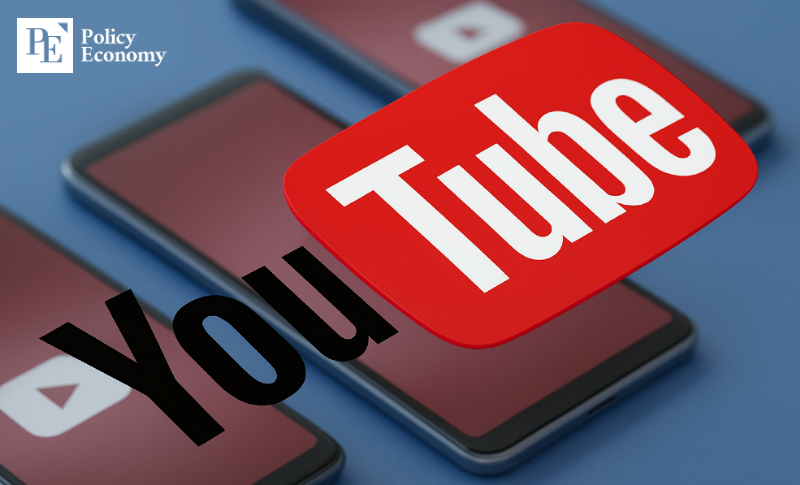
Google’s YouTube has agreed to pay a large settlement to former U.S. President Donald Trump to end the lawsuit over his account suspension. As debates intensify over the culture of censorship emerging among social media platforms and their users, YouTube—one of the platforms with the largest user base—has chosen to relent. Analysts suggest that this move could signal potential changes in YouTube’s future content moderation policies.
YouTube–Trump Lawsuit Ends in Settlement
On the 29th (local time), The Wall Street Journal reported that YouTube agreed to pay $24.5 million to settle former U.S. President Donald Trump’s lawsuit over his account suspension. The settlement reportedly stipulates that payment does not constitute an admission of liability by YouTube. Google confirmed the agreement to outlets including the AP but declined to provide further details. Of the settlement, Trump will receive about $22 million.
Trump had filed a series of lawsuits against Google and other social media platforms after his accounts were suspended in the wake of the January 6, 2021, Capitol attack, when his supporters stormed the U.S. Capitol. YouTube suspended Trump’s account immediately after the riot and removed content deemed to incite violence, later reinstating the account in March 2023.
Legal experts had long viewed Trump’s lawsuits as lacking a strong legal basis. In fact, a federal court dismissed his case against Meta in May 2022, while other suits were either dismissed or placed on hold. However, Trump’s victory in the most recent presidential election shifted the dynamics, pushing social media companies toward settlements. John P. Cole, Trump’s lead attorney, remarked, “Trump’s reelection played a decisive role in the settlement. Had he not won, these legal battles could have dragged on for a thousand years.”
“Filtering Out Users” on Social Media Platforms
Analysts suggest YouTube’s settlement may signal a shift in its stance on content moderation. Over the past several years, social media platforms have steadily tightened their censorship policies. A notable example came during the COVID-19 pandemic, when Twitter suspended the accounts of Rep. Marjorie Taylor Greene and physician Robert Malone, who had contributed to mRNA vaccine development. Twitter explained the bans by citing the spread of misinformation about COVID-19, but right-leaning users accused the platform of silencing certain viewpoints.
More recently, the use of artificial intelligence in automated moderation has become a contentious issue. According to CBC, Megan Conte, a high school history teacher in Ontario, Canada, lost access to her Instagram account this past August and saw 15 years of content deleted. Instagram claimed she had violated rules concerning child exploitation, abuse, and nudity. Conte attempted to restore her account using Meta’s support tools but failed, only regaining access and receiving an apology after CBC intervened.
Cases like this highlight the risks of AI-driven content moderation errors. Technology analyst Carmi Levy told CBC that it is physically impossible for large platforms like Meta—home to more than 3 billion users worldwide—to manually review every post. As a result, automation is the only practical option, though in practice, it has now spun beyond reliable human control.
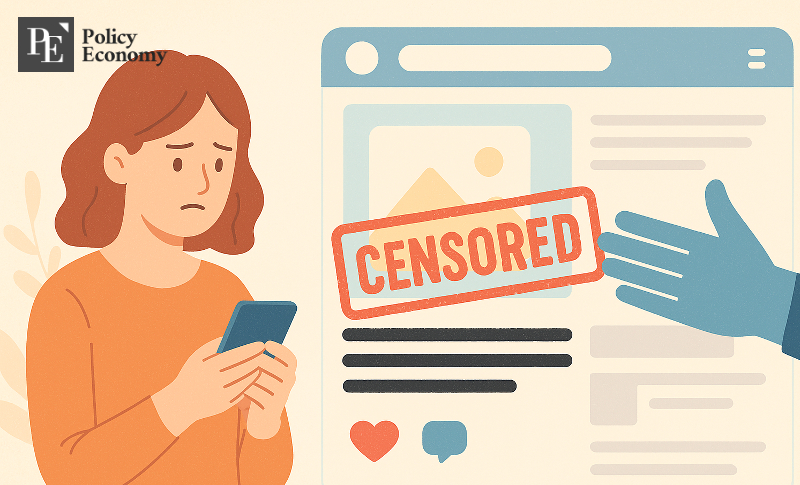
‘Cancel Culture’ Spreads Among Users
This culture of censorship has expanded beyond platforms themselves, spreading among users under the banner of “cancel culture.” Cancel culture refers to the practice of boycotting or socially punishing someone when their remarks are seen as controversial or misaligned with certain ideologies or political views. Rather than engaging in reasoned debate, people often sever ties quickly—by unfollowing on social media or boycotting related products or content.
Cancel culture has already become entrenched worldwide. For example, J.K. Rowling, author of the Harry Potter series, faced doxxing of her home address and intense online backlash from transgender rights activists after expressing personal views on transgender issues. In the U.S., comedian and talk show host Jimmy Fallon was targeted for cancelation over a decades-old blackface performance, sparking accusations of racism.
Experts warn that this trend risks suppressing freedom of expression. Fear of criticism or ostracism may compel individuals to self-censor. One market analyst noted, “Social media platforms are private companies and thus have no inherent obligation to provide fair or consistent services. However, when a platform as publicly influential as YouTube engages in censorship, it inevitably raises concerns about infringements on individual freedoms.” The analyst added, “Curbing the spread of misinformation is important, but tighter censorship will inevitably result in unfair penalties against some users. YouTube’s settlement with Trump can be read as a signal of its intent to minimize account-level sanctions going forward.”

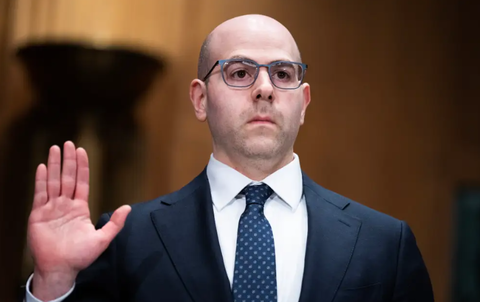
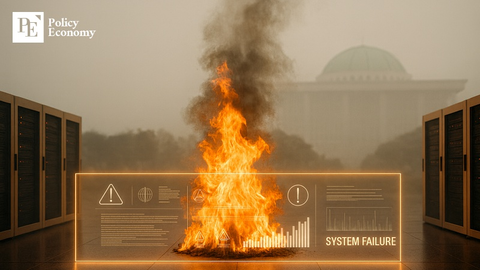
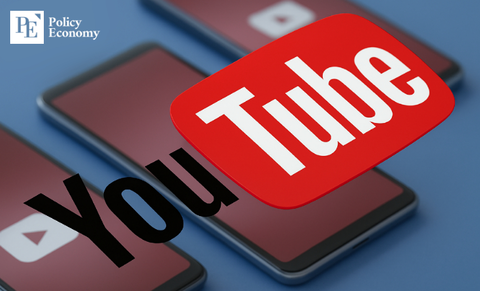

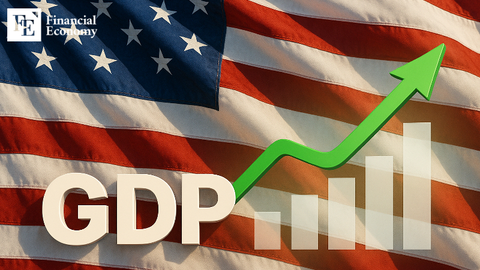
















Comment